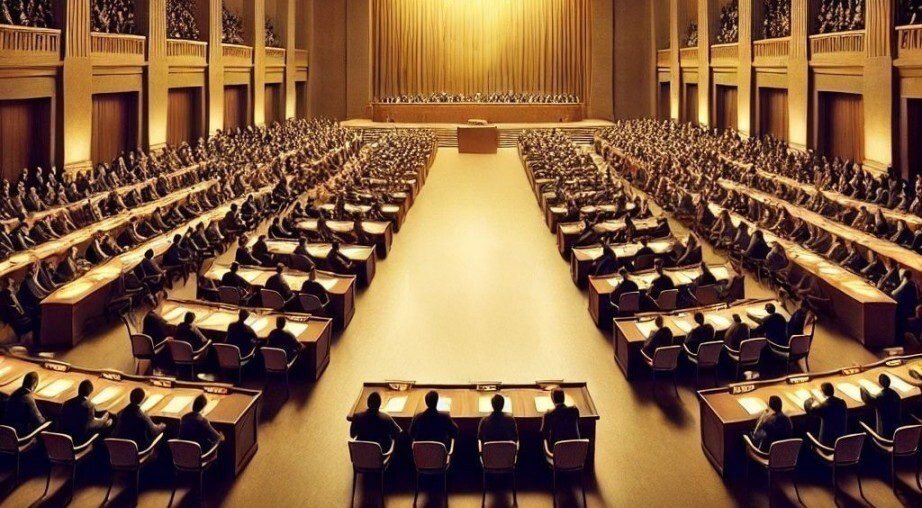Background: World War I left a devastating toll on nations worldwide, prompting leaders to seek ways to prevent future conflicts. U.S. President Woodrow Wilson’s Fourteen Points outlined a vision for lasting peace, including the establishment of an international organization to mediate disputes and promote cooperation.
What Happened: On January 10, 1920, the League of Nations was officially founded in Geneva, Switzerland. Its initial membership included 42 nations, though the United States notably abstained due to Senate opposition. The League aimed to promote disarmament, resolve territorial disputes, and provide humanitarian aid. While it achieved some successes, such as resolving minor conflicts and aiding refugees, it struggled to address larger crises like the aggression of Axis powers in the 1930s.
The League’s inability to enforce decisions or prevent World War II underscored its weaknesses, leading to its dissolution in 1946.
Impact for the Future: The League of Nations’ legacy lived on through the United Nations, established in 1945. Its foundational principles inspired international cooperation and diplomacy, shaping the modern global order.

